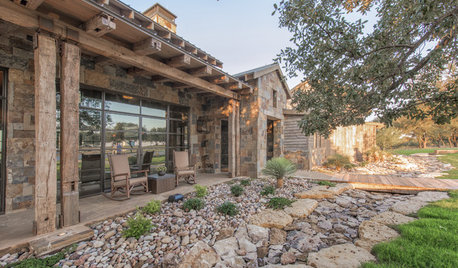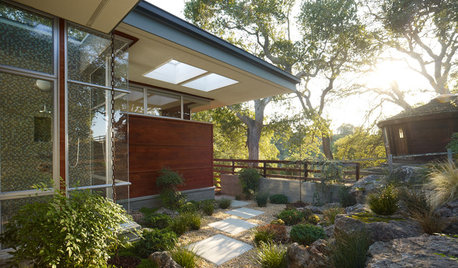How did they manage back in the day
gdnh
11 years ago
Related Stories

DISASTER PREP & RECOVERYRemodeling After Water Damage: Tips From a Homeowner Who Did It
Learn the crucial steps and coping mechanisms that can help when flooding strikes your home
Full Story
BUDGETING YOUR PROJECTHouzz Call: What Did Your Kitchen Renovation Teach You About Budgeting?
Cost is often the biggest shocker in a home renovation project. Share your wisdom to help your fellow Houzzers
Full Story
Let's Dish! Did You Watch the Flipping Out Premiere?
Contemporary Remodel Kicks off Design Show's New Season. What Did You Think?
Full Story
VALENTINE’S DAYTell Us: Why Did You Fall in Love With Your House?
What was it about your house that made your heart flutter? Share your photo, and it could make the Houzz homepage
Full Story
WORKING WITH PROSA Beginner’s Guide to Managing a Remodel
How do you make your design dream a reality? Here’s some project management know-how to help you work with your designer
Full Story
LANDSCAPE DESIGNTo Manage Stormwater Sustainably, Understand Your Site
Follow this guide to learn how water moves through your landscape and how best to manage it
Full Story
KIDS’ SPACESControl Kid Stuff the Sane Way — Artwork-Managing Strategies
Enlist your child's help in managing creative piles to set the stage for good habits and make organizing easier on you
Full Story
LANDSCAPE DESIGNSoak It Up: How to Manage Stormwater in Your Landscape
Permeable paving, gravel beds and planted areas in your yard can absorb and cleanse stormwater runoff. Here's how it works
Full Story
LANDSCAPE DESIGNEasy Ways to Manage Stormwater for Lower Bills and a Healthier Earth
Send cleaner runoff into local waterways and spend less on yard irrigation with these simple landscaping approaches
Full Story
BUDGET DECORATINGEasy, Beautiful, Cheap: Managing the 3 Points of Home Projects
When you're decorating or building, it helps to be realistic about what's possible. Here are some equations to ponder
Full StoryMore Discussions







glib
scarletdaisies
Related Professionals
Garden City Landscape Architects & Landscape Designers · Mitchellville Landscape Architects & Landscape Designers · Panama City Landscape Architects & Landscape Designers · Pelham Landscape Contractors · Springfield Landscape Contractors · Wilmington Landscape Contractors · Goodlettsville Landscape Contractors · Lady Lake Landscape Contractors · Newberg Landscape Contractors · Overland Park Landscape Contractors · Pine Hills Landscape Contractors · Streamwood Landscape Contractors · Aurora Driveway Installation & Maintenance · Park Ridge Driveway Installation & Maintenance · Providence Driveway Installation & MaintenanceStellabee
calliope
howelbama
glib
elisa_z5
denninmi
pnbrown
keski
flowergirl70ks
glib
tishtoshnm Zone 6/NM
RpR_
gdnhOriginal Author
t-bird
zzackey
jolj